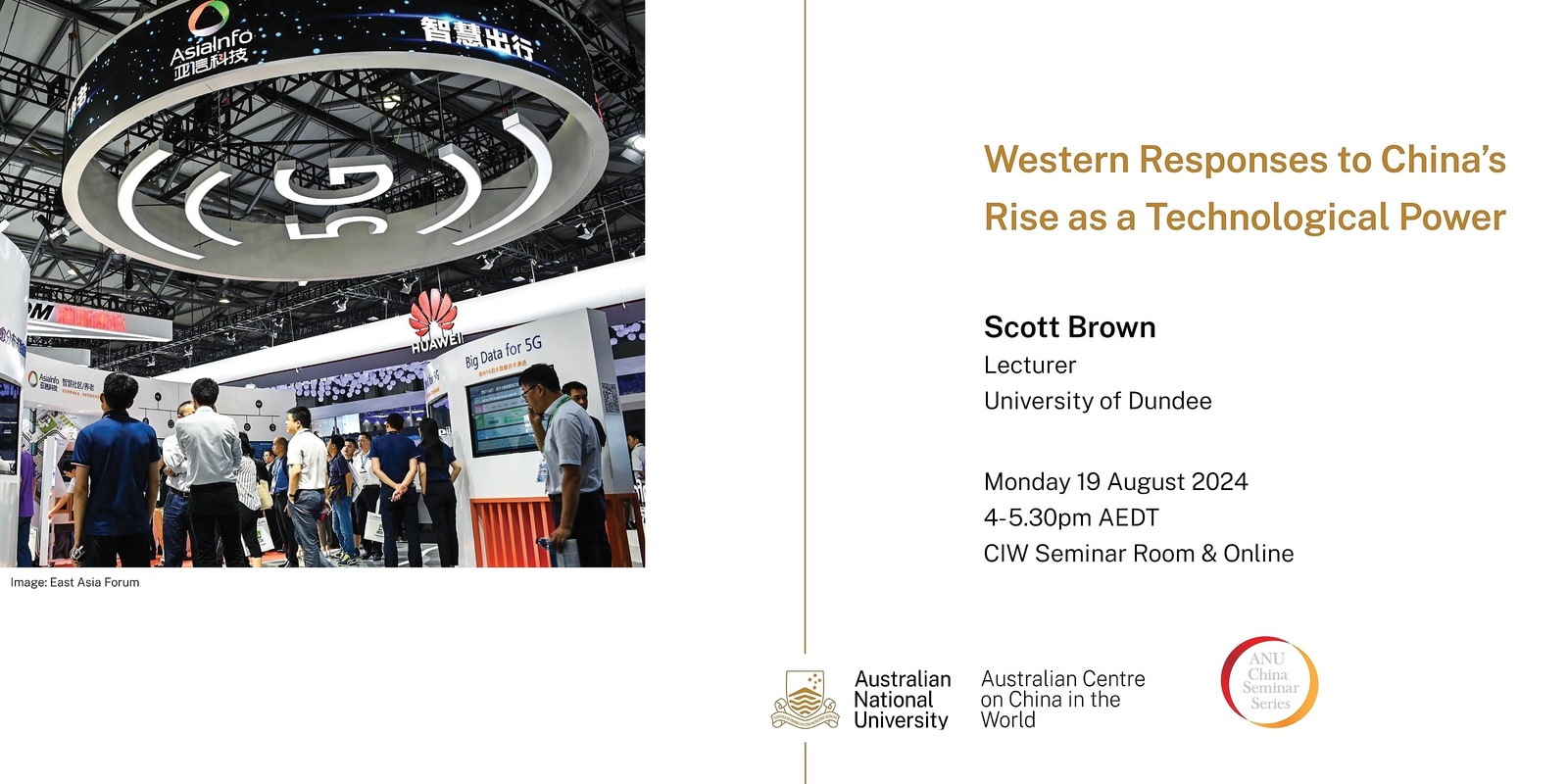Western Responses to China’s Rise as a Technological Power
Event description
Technological innovation is intimately bound up with great power competition. A standout feature of the contemporary era of great power rivalry is the centrality of critical and high-end technologies upon which advanced economies and military are heavily dependent. The degree of technological exchange between the US, EU and China simultaneously enhances their technological power and exposes new vulnerabilities via the weaponisation of asymmetric interdependencies. Despite intensified strategic competition leading to calls in the US for ‘decoupling’ from China, the two continue to cooperate in areas where their interests overlap. As a global economic power, the European Union also has a significant stake in China’s trajectory; yet it struggles to devise a coherent strategy owing to disagreement between Member States’ preferences for further engagement versus ‘derisking’ and securing strategic autonomy.
Despite initially embracing the opportunities presented by China’s emergence as a technological power, Western policymakers increasingly perceive its presence in their domestic markets and influence on the global stage as presenting challenges and threats. I explore the evolving Western discourses and policies to both Chinese firms and the state itself. The cases cover material technologies – 5G telecommunications equipment, semiconductors – and digital platforms – TikTok – that have been subjected to policy controls and exclusions by the two transatlantic powers. Through the lens of ‘weaponized interdependence’, I argue that the once-prevalent perspective that integration into the Western-led system would have a stabilising effect on China’s rise is being displaced by a perception that technological interdependence with China has created new vulnerabilities that threaten Western security.
About the Speaker
Scott Brown is a lecturer in Politics & International Relations at the University of Dundee, Scotland, where he teaches mostly IR theory. His research focusses on the ‘strategic triangle’ of EU/rope-US-China relations. He is the author of Power, Perception and Foreign Policymaking: US and EU Responses to the Rise of China (Routledge, 2018).
The ANU China Seminar Series is supported by the Australian Centre on China in the World at ANU College of Asia and the Pacific.
Tickets for good, not greed Humanitix dedicates 100% of profits from booking fees to charity


